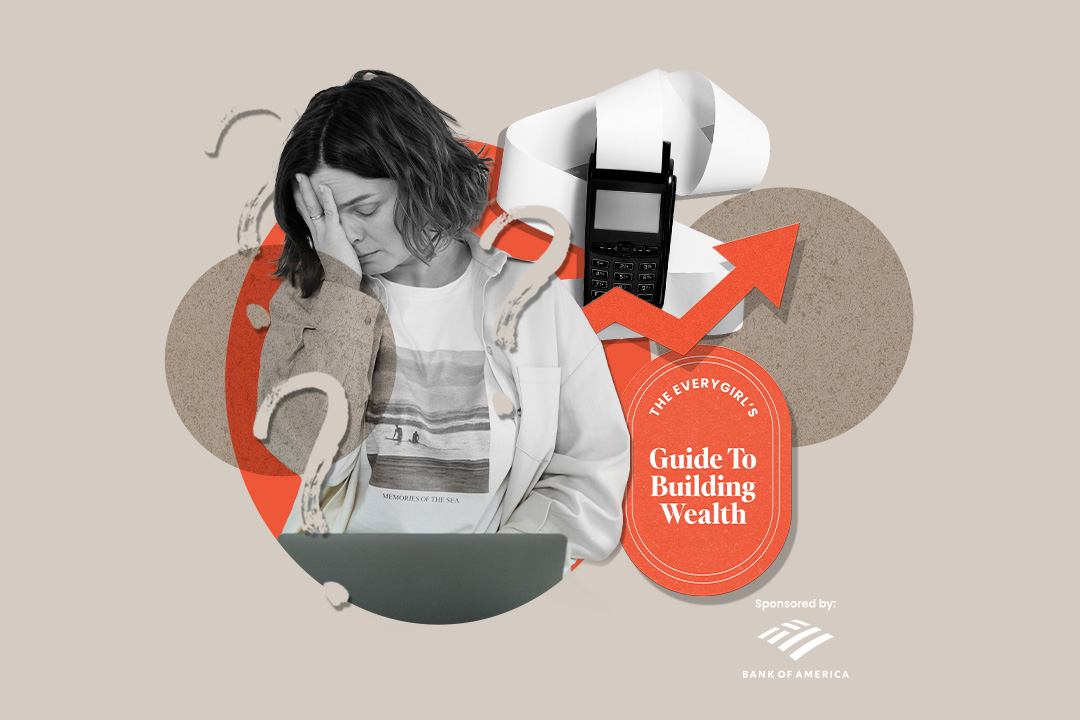Friendship is currently in the spotlight, highlighting its increasing significance. Whether it’s due to a revival in 1989 or the prevalent trend of loneliness, many of us appreciate the valuable friendships we have. If you find yourself more sentimental about your friends in 2023, you may be interested in strengthening your friendships, making them more enduring, and comprehending your connection to those who are significant to you. This is where attachment styles come in—a psychological concept that can provide valuable insights into your friendships.

To gain a deeper understanding of attachment styles and how they can enhance your friendships, I reached out to therapist Alexis B. Kaufman, LCSW, PLLC. Her insights into recognizing the characteristics of each attachment style, identifying your friendship attachment style, and using it to improve relationships are truly enlightening. 2023 focuses on giving our friendships the same attention we give our romantic relationships, so continue reading to learn more about attachment styles and their impact on our friendships.
What is an attachment style?
Attachment styles differ from other personality assessments as they focus on your emotional bonds in current relationships that are shaped by your past interactions. According to Kaufman, “Our attachment style is initially molded by our early interactions with caregivers and continues to influence how we feel, think, and act in subsequent meaningful relationships as adults.” Considering these childhood experiences makes attachment styles a valuable framework for evaluating relationships, whether romantic or platonic.
How to identify your attachment style in friendships
If attachment theory resonates with you, there are various resources available to help you uncover your attachment style, which typically falls into four categories: secure, anxious, avoidant, and disorganized (also known as anxious-avoidant). Identifying your friendship attachment style can involve taking quizzes, educating yourself about the different styles, discussing past relationship experiences with friends, family, or support systems, and engaging in self-reflection through journaling.
In a nutshell, Kaufman describes, “If you find yourself questioning the status of a relationship when apart, or doubting if your friend still values your connection, you may have an anxious attachment style. On the other hand, feeling overwhelmed by intimacy in friendships and preferring solitude after spending time with friends may indicate an avoidant attachment style.”
For those with an anxious-avoidant attachment, navigating intimate relationships can be perplexing, while individuals with a secure attachment style typically trust in the longevity of their relationships, requiring minimal overthinking.
How your attachment style could be affecting your friendships—for better or worse
Learning about attachment styles for the first time, especially if you realize you have an insecure attachment, can feel daunting. Discovering that past experiences may unknowingly distance you from your friendships can be unsettling, especially if you value those relationships deeply. Kaufman reassures that no attachment style is inherently “good” or “bad,” emphasizing the strengths inherent in each style. Here’s how your attachment style may influence your friendships:

You have a high attunement to the needs of others in your friendships
Individuals with an anxious attachment tend to be highly observant and responsive in their relationships, addressing issues promptly. Kaufman notes, “Those with an anxious style are sensitive to others’ emotions, noticing even subtle changes in their connection. This sensitivity underscores the value they place on nurturing close friendships and addressing any concerns within the relationship.”
You unintentionally push friends away
On the flip side, anxiously attached individuals may inadvertently create distance by seeking excessive reassurance from friends. If you frequently experience friendship-related anxiety, it may be beneficial to reflect on its origins and how they link to past experiences.
You have high levels of independence and self-sufficiency
Independence and self-reliance are crucial elements in any relationship, allowing you to be fully present for your friends when needed. Those with avoidant attachment styles often demonstrate higher levels of independence. Kaufman explains, “Individuals with an avoidant style are less likely to burden friends with excessive demands, enjoying solitude and self-care.”
You limit the level of connection in your friendships
Avoidant attachment styles may hinder the depth of friendships by placing boundaries on intimacy. Kaufman suggests, “If you lean towards an avoidant attachment, you may struggle to form close bonds, restricting the depth of your friendships. Reflecting on this tendency and your independence levels could help enhance your relationships.”
You have confidence in your personal relationships
When securely attached to a friendship, you can enjoy the relationship’s presence and absence. Kaufman elaborates, “Individuals with a secure attachment can feel emotionally connected in their friendships while cherishing their independence. They trust in the stability of their relationships, even during periods of distance or disagreements, and value personal time without it being an escape from intimacy.”

How knowing your attachment style can better your friendships
Understanding your attachment style can positively impact all your relationships, not just romantic ones. Kaufman emphasizes that exploring childhood experiences can offer insights into your interpersonal interactions, potentially transforming your friendships. While it may seem daunting, knowledge of your attachment patterns empowers you to form deeper connections and feel emotionally secure in your relationships.
It can help you relate to others
Improving your friendships through your attachment style begins with self-discovery and understanding how you connect with others. Kaufman suggests that individuals with both anxious and avoidant attachment styles can leverage this knowledge to enhance their friendships. For instance, she explains, “If you have an avoidant style, you can recognize your need for space and communicate it without alienating your friends. If you have an anxious style, you can develop coping mechanisms to manage your anxiety without seeking constant reassurance.”
Working on your attachment style can be invaluable if you struggle with conflict resolution in friendships. Kaufman points out, “Individuals with an anxious attachment may fixate on potential abandonment or anger from friends in conflict situations. Conversely, those with avoidant tendencies may distance themselves to avoid emotional closeness or discomfort.” By understanding your attachment style, you can approach conflicts in a way that prioritizes preserving the friendship—a cornerstone of fostering healthy, enduring relationships.






